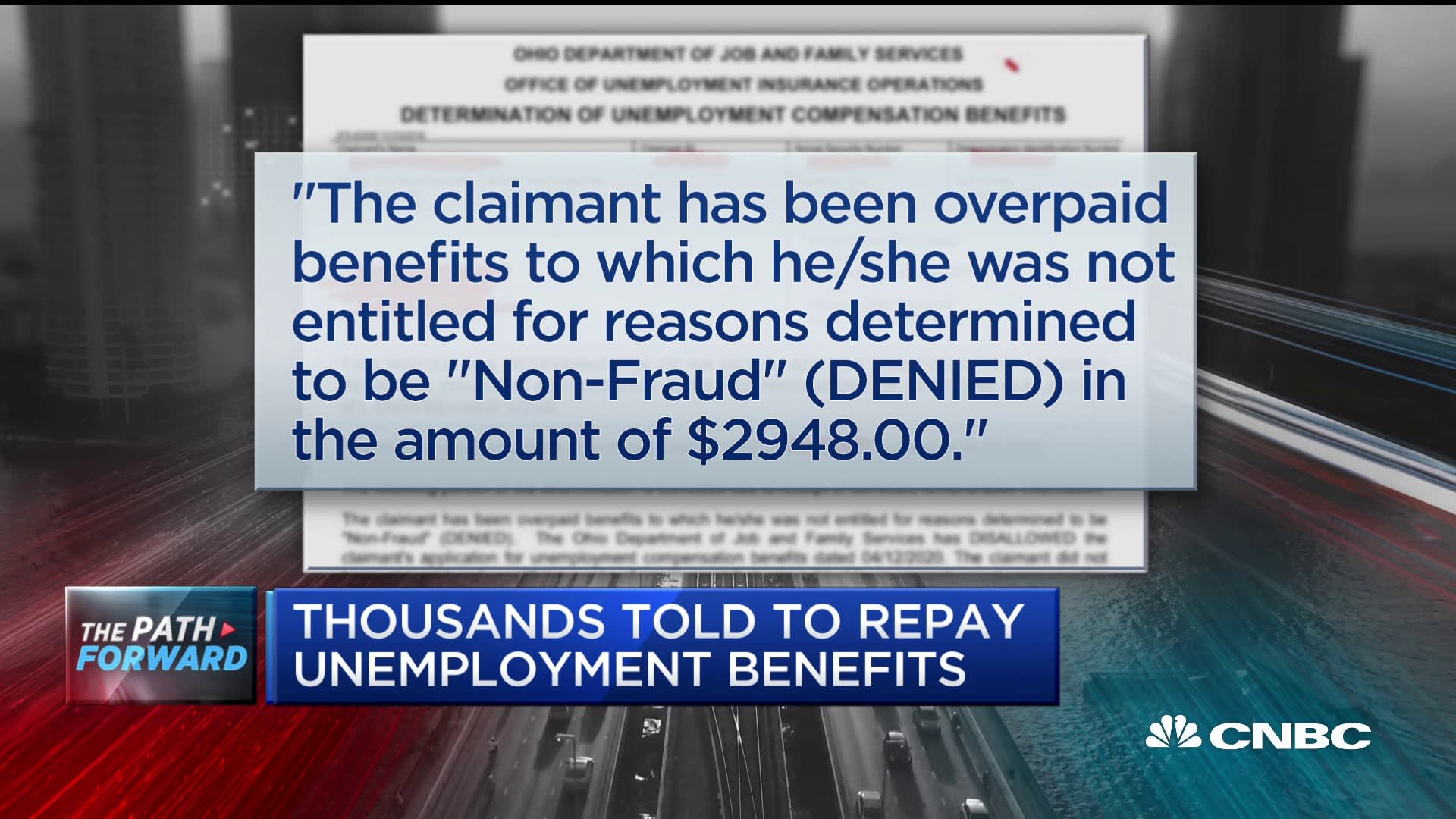EDITOR'S NOTE
You all know how much I love--or at least, used to love--jobless claims as an economic indicator. Timely, trustworthy, good track record.
Not anymore. They've been swept into the pandemic-relief imbroglio and it will probably be at least a year before they're a clean read on the economy's momentum again.
This morning's data raised plenty of eyebrows when it showed that another 1.5 million people filed new claims for unemployment benefits last week, higher than the 1.3 million expected. There's no "V"-shaped rebound to see here in recent weeks; the data has remained stubbornly level even as most states have started to reopen.
"It's not clear why claims are still so high," Ian Shepherdson of Pantheon said. "Is it businesses which thought they could survive now throwing in the towel?" Others, like Stephen Stanley of Amherst Pierpont, wonder if the data are unreliable because of issues ranging from double-counting to fraud and hacking since the claims are so generous and processors are overwhelmed. (He notes, for instance, that Georgia's cumulative tally of unemployment claims is now almost 60% of its pre-Covid employment base.)
Indeed, our Rahel Solomon reported earlier this week that some states which erroneously doled out payments are now demanding them back. Still, the recent images from Kentucky would suggest the demand for jobless benefits isn't a total mirage. Hundreds and hundreds of people waited in what were described as "eight-hour lines" yesterday to demand in-person help in receiving their checks.
Another part of the issue may be that the line between "employed" and "collecting unemployment" is blurrier than it used to be. One of the top stories on our website this week has been this piece explaining that you can get jobless benefits while still working (namely, partial benefits). The ranks of those who are eligible to collect benefits have grown much larger since freelancers and "gig" workers can now qualify.
It's going to take a long time to unpack everything that's going on here, and demand for benefits will also hinge on whether the government extends the $600-per-week bonus or transitions to a "return-to-work" credit instead.
Jobless benefits certainly reflect the mess the pandemic has made of this economy. But they won't be very helpful in detecting the economy's underlying momentum for quite some time.
See you at 1 p.m!
Kelly
KEY STORIES
IN CASE YOU MISSED IT
| ||||||||||||||||||||||||||||||||||||||||||||||||||||||||||||||||||||||||||||||||||||||||||||||||||||||||||||||||||||||||||||||||||||||||||||||||||||||||||||||||||||||||||||||||||||
Kamis, 18 Juni 2020
The mess of jobless claims
Langganan:
Posting Komentar (Atom)







Tidak ada komentar:
Posting Komentar